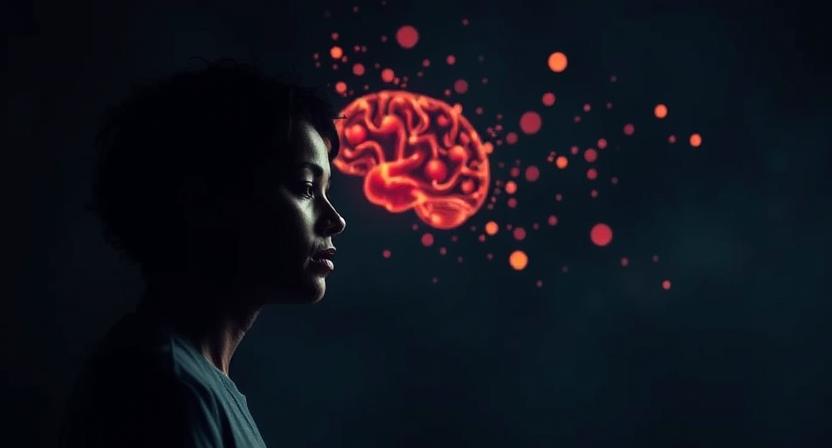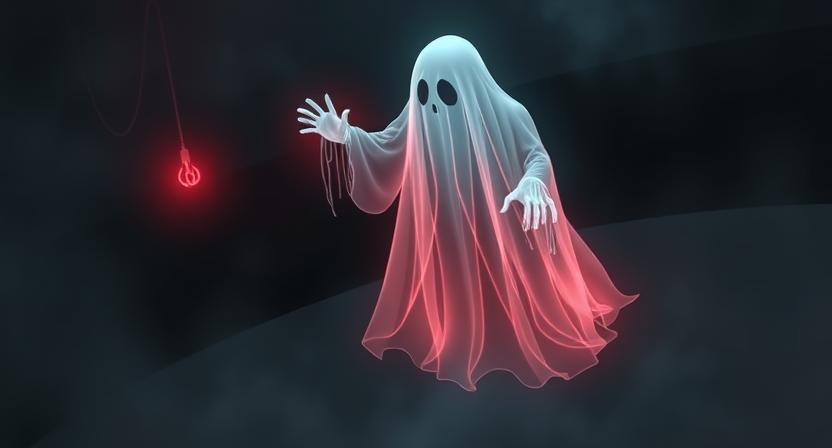In recent years, there has been growing awareness around the importance of mental and behavioral health. While these terms are often used interchangeably, they are not the same. Understanding the difference between mental health and behavioral health is essential for anyone seeking care for themselves or a loved one. This guide will help clarify the distinctions and also highlight how platforms like the Carelon Behavioral Health Provider Portal support these areas of care.
Understanding Mental Health
What Is Mental Health?
Mental health refers to a person’s emotional, psychological, and social well-being. It affects how we think, feel, and act. It also influences how we handle stress, relate to others, and make decisions. Good mental health is not just the absence of mental illness—it’s also the presence of emotional resilience, strong relationships, and a positive outlook.
Common Mental Health Conditions
Some examples of mental health conditions include:
- Depression
- Anxiety disorders
- Bipolar disorder
- Schizophrenia
- Post-Traumatic Stress Disorder (PTSD)
Mental health issues often require therapy, medication, or a combination of both for effective treatment.
What Is Behavioral Health?
Behavioral health is a broader term that includes mental health but also encompasses behaviors that impact physical and emotional well-being. This includes habits like eating, drinking, exercising, and managing stress.
Behavioral Health Includes:
- Substance use and addiction
- Eating disorders
- Self-harming behaviors
- Smoking cessation
- Weight loss or gain management
- Behavioral therapy for children or adults
Behavioral health professionals often work with individuals to change harmful behaviors through counseling, education, and therapy.
Key Differences Between Mental and Behavioral Health
| Feature | Mental Health | Behavioral Health |
|---|---|---|
| Scope | Emotional and psychological well-being | Includes mental health + habits and behaviors |
| Examples | Depression, anxiety, PTSD | Substance abuse, eating disorders, ADHD |
| Treatment Focus | Mood, cognition, thought patterns | Behavior modification, habit control |
| Professionals Involved | Psychiatrists, psychologists, therapists | Behavioral therapists, addiction counselors, case managers |
While mental health is part of behavioral health, the latter covers a broader range of issues that may include lifestyle and daily habits.
How Are They Connected?
Mental and behavioral health are closely linked. For example:
- A person with depression (mental health issue) might begin abusing substances (behavioral health issue).
- Someone trying to quit smoking (behavioral change) may experience anxiety (mental health challenge).
Integrated care is often the most effective approach, where professionals from both fields collaborate to address the full spectrum of a person’s health needs.
The Role of the Carelon Behavioral Health Provider Portal
The Carelon Behavioral Health Provider Portal is a comprehensive tool for behavioral health professionals and service providers. It allows providers to:
- Access treatment guidelines
- Submit claims and authorizations
- Manage patient records
- Find in-network referrals
- Stay updated with regulatory and compliance changes
Using the Carelon Behavioral Health Provider Portal streamlines care delivery, ensures continuity, and supports better outcomes for patients by making behavioral and mental health services more accessible and coordinated.
Why This Distinction Matters
Understanding the difference between mental and behavioral health helps:
- Patients identify the right type of care.
- Providers deliver more accurate diagnoses and treatments.
- Families support their loved ones more effectively.
- Insurance companies determine coverage options correctly.
With the rise of telehealth and portals like Carelon Behavioral Health Provider Portal, accessing both mental and behavioral health services is easier than ever.
Frequently Asked Questions (FAQs)
1. What is mental health?
Mental health includes emotional, psychological, and social well-being.
2. What is behavioral health?
Behavioral health includes mental health and also focuses on behaviors like substance use, eating habits, and lifestyle choices.
3. Are mental health and behavioral health the same?
No, behavioral health is a broader term that includes mental health as well as behavioral issues.
4. Can poor behavior be a sign of mental illness?
Sometimes. Behavioral problems can stem from mental health conditions or be independent issues.
5. How is mental health treated?
Common treatments include therapy, medication, support groups, and lifestyle changes.
6. How is behavioral health treated?
Through counseling, behavior modification therapy, and programs that address habits like smoking or substance use.
7. Who treats behavioral health?
Behavioral therapists, psychologists, addiction counselors, and sometimes social workers.
8. What professionals treat mental health?
Psychiatrists, psychologists, licensed therapists, and clinical social workers.
9. Can someone have both mental and behavioral health issues?
Yes, many people deal with both simultaneously, like depression and alcohol use.
10. Is anxiety a behavioral or mental health issue?
It’s primarily a mental health issue, but it can influence behaviors.
11. What does the Carelon Behavioral Health Provider Portal do?
It helps providers manage patient care, billing, and referrals efficiently.
12. Is behavioral health only for addiction treatment?
No, it includes a wide range of behavioral patterns including eating disorders, sleep problems, and lifestyle habits.
13. How does behavioral therapy work?
It focuses on identifying and changing negative behaviors through structured therapy techniques.
14. Is ADHD a mental or behavioral health disorder?
ADHD is considered both—it has psychological and behavioral components.
15. Do insurance plans cover both types of care?
Many do, but it depends on your specific plan and provider network.
16. Are support groups part of behavioral or mental health treatment?
They can be part of both, offering emotional and behavioral support.
17. Can lifestyle changes improve mental health?
Yes. Exercise, diet, and sleep can all positively impact mental well-being.
18. What role does family play in behavioral health?
Family support can influence outcomes in therapy, especially for children and teens.
19. How can I access the Carelon Behavioral Health Provider Portal?
You can visit Carelon’s official website and log in as a registered provider.
20. Why is the distinction important?
Knowing the difference helps you seek the right care and understand the underlying causes of issues more clearly.
Final Thoughts
Mental health and behavioral health are deeply connected but not the same. While mental health focuses on the mind, emotions, and psychological well-being, behavioral health encompasses both mental wellness and the habits that influence it.
If you’re a healthcare provider or facility offering behavioral services, using tools like the Carelon Behavioral Health Provider Portal can enhance your ability to provide timely, coordinated, and effective care.
By understanding both aspects, we can build a more holistic and effective health support system for individuals and communities alike.



